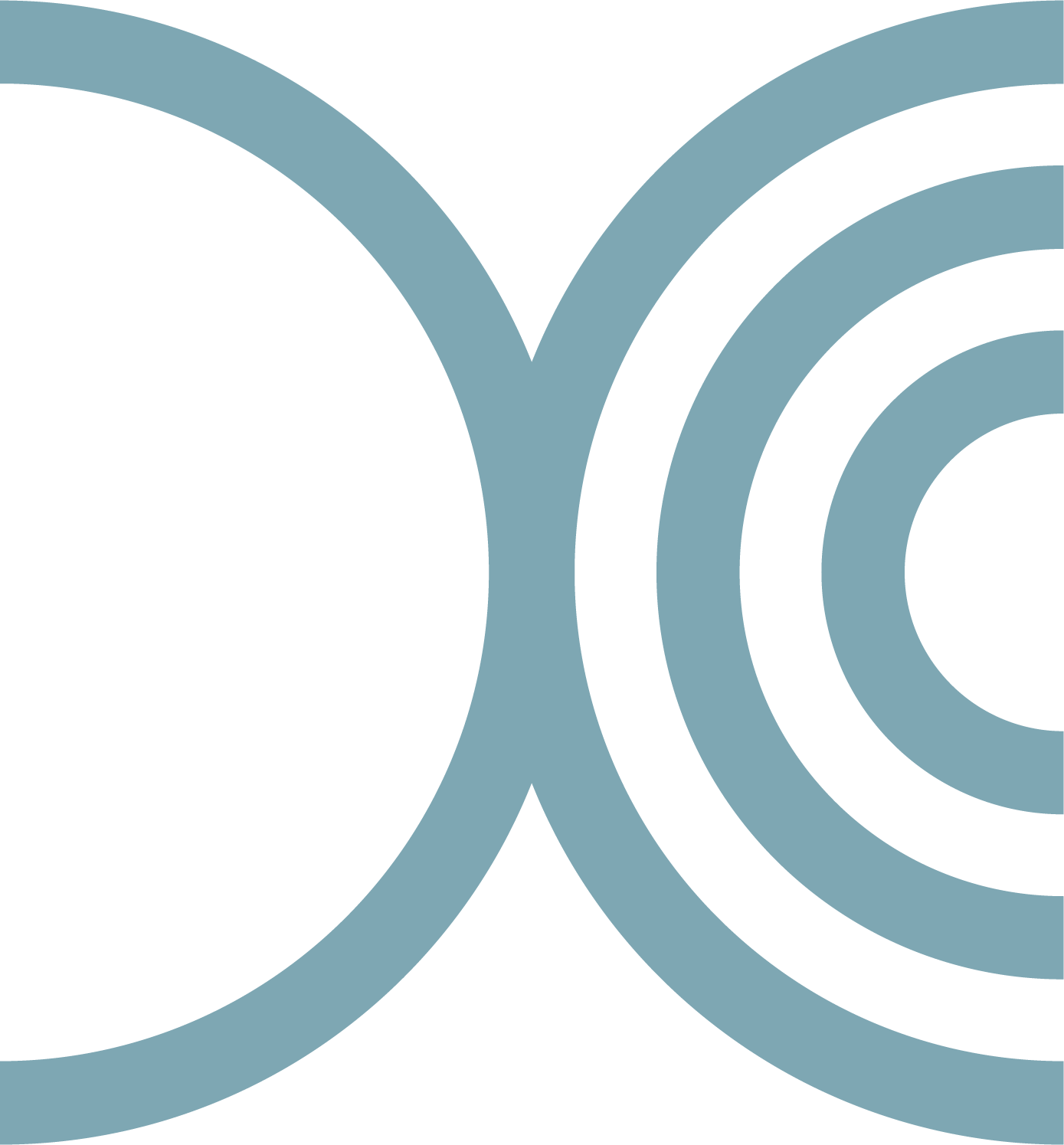Received grant in 2025
DCCC has funded 191,583 DKK to the project.
Rectal cancer treatment has traditionally relied on surgery, often combined with preoperative chemotherapy and/or radiotherapy. However, surgery can lead to significant side effects, including permanent stomas, reduced quality of life, and an increased risk of low anterior resection syndrome (LARS).
Previous studies have shown that high-dose radiotherapy can achieve high organ preservation rates and improve local disease control without significantly increasing toxicity.
This project aims to advance previous findings by initiating a new WW4 platform study, expanding its scope to include patients with rectal cancer at all tumour stages (T1-T4) and incorporating various treatment approaches, such as radiotherapy, chemotherapy, and their combinations. The objective is to establish a structured protocol within the WW4 platform that facilitates organ-preserving radiotherapy across disease stages, thereby reducing the necessity for extensive surgical intervention and mitigating associated morbidity.
To establish a solid foundation for the study, it is essential to achieve a national consensus on the study design and operational framework. This project will drive the process through a dedicated retreat in spring 2025, bringing together key stakeholders from across the country. The meeting will serve as a platform to refine study objectives, finalise the trial design, and define clear roles and processes to ensure efficient implementation. Additionally, it will enhance national coordination of the study and establish the necessary infrastructure to support broad and equitable patient inclusion.
The expectation is that the platform study will establish new standards for the treatment of rectal cancer - contributing to evidence-based, tailored organ-preserving strategies, the development of precise treatment algorithms, improved disease control, and reduced toxicity. Furthermore, the study is anticipated to advance patient-centred care with a strong focus on quality of life and enhance national collaboration. Additionally, the findings are expected to have a significant international impact.
Multidisciplinary organisation
This project is anchored in Danish Colorectalcancer Group (DCCG) and engages in a multidisciplinary collaboration with surgeons, oncologists, radiologists, pathologists, and medical physicists.
Project stakeholders
- Lars Henrik Jensen, MD, PhD, Department of Oncology, Vejle Hospital. Primary contact, e-mail: Lars.Henrik.Jensen@rsyd.dk
- Christiane Ehlers Mortensen, MD, Department of Oncology, Rigshospitalet
- Laurids Østergaard Poulsen, MD, PhD, Department of Oncology, Aalborg University Hospital
- Tommie Mynster, MD, Med ScD, Department of Surgery, Copenhagen University Hospital, Bispebjerg Hospital
- Anna-Lene Fromm, MD, Department of Oncology, Herlev Hospital
- Joanna Szpejewska, MD, Department of Oncology, Zealand University Hospital
- Birgitte Mayland Havelund, MD, PhD, Department of Oncology, Vejle Hospital
Additional stakeholders engaged in the study preparations through the DCCG Scientific Committee.
- Kirsten Legård Jakobsen, Medical Physicist, Department of Oncology, Herlev Hospital
- Jesper Dan Nielsen, Consultant, Department of Surgery, Aalborg Univeristy Hospital
- Hans Bjarke Rahr, Chief Medical Officer, Department of Surgery, Vejle Hospital
- Henrik Dahl Nissen, Medical Physicist, Department of Oncology, Vejle Hospital
- Jan Lindebjerg, Consultant, Department of Pathology, Vejle Hospital
- Mette van Overeem Felter, Consultant, Department of Oncology, Herlev Hospital
- Søren Rafaelsen, Professor, Department of Radiology, Vejle Hospital
- Dennis Tideman Arp, Medical Physicist, Aalborg University Hospital
- Lene Hjerrild Iversen, Professor, Department of Surgery, Aalborg University Hospital
- Ismail Gögenur, Professor, Department of Surgery, Zealand University Hospital
